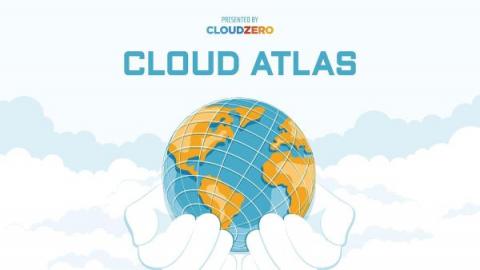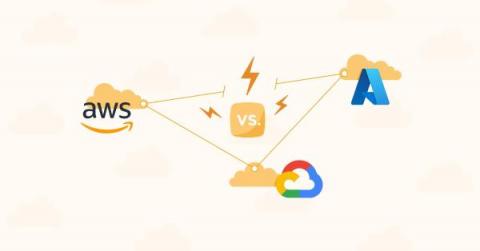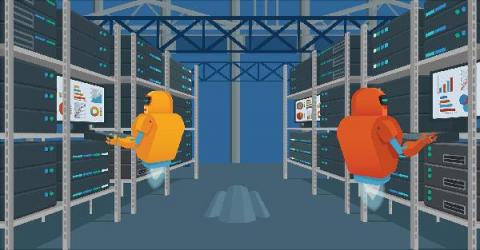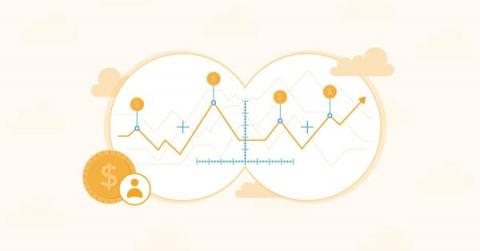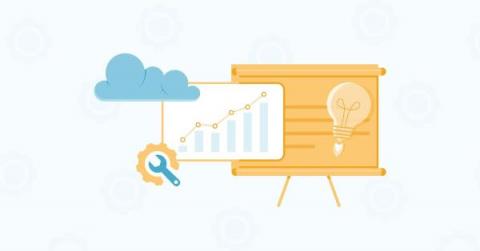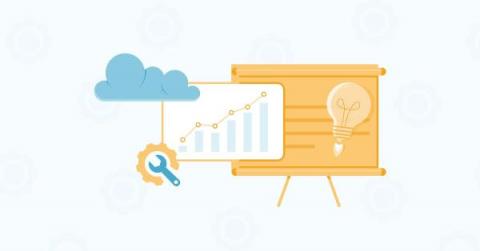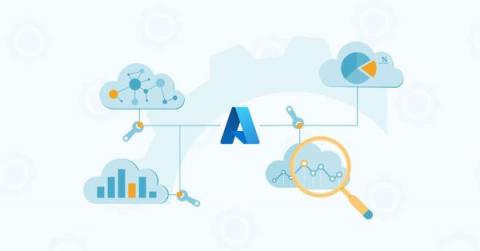4 Low-Effort Tactics That Saved CloudZero Over $2M In 2023
Whether or not you take the oft-quoted statistic that 30% of companies’ cloud spend as gospel, one thing is for sure: Companies have been spending recklessly in the cloud ever since its inception. For (fairly) good reason — companies wanted to perfect their products and snatch up market share before an even more reckless spender did. But the chickens of overindulgence are finally coming home to roost.



